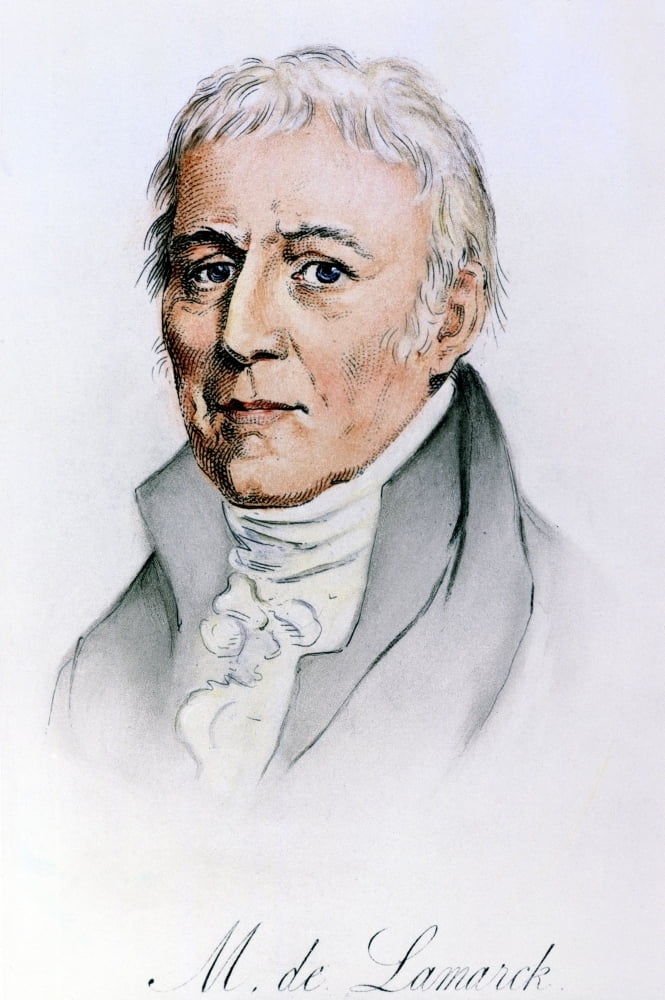
.jpg)
Held that even under an act of Congress which directed an adjudication to be made, among other ways, on principles of natural justice, the claim could not after such a lapse of time, and so considerable a failure to comply In the meantime, the United States had, in 1823, built a fort there for the protection and encouragement of settlers, her laws had been extended over it, the Indian title extinguished, the lands surveyed and put on sale, and were now and had been in a large part for years, covered with inhabitants. In 1824 or 1825, forty-two years after the territory within which the lands are situate had come into her possession, the parties in interest by derivation from the original grantees, made a claim to the United States for the land, this having been the first notice which the United States had of any title adverse to her own. The other grantee was killed in 1760, and the alienee of his descendants sold, in 1796, the land to British subjects who had been always resident abroad and who never in any way looked after the land. One of them went away from this continent in 1764 and died in France, apparently abandoning all interests on this continent his heir (a French subject and in the naval service of France) received and considered in 1790, 1796, and 1804, offers of purchase more or less definite for his half, and in 1800 had made an acte de notoriete, or solemn declaration in perpetuam memoriam rei, of his claim to the estate, doing however nothing more. They then came away, leaving there a person who had gone out and been there with them but who did not claim under them. The grantees took possession immediately after the grant, occupying and improving the tract to a certain extent for four years, but no longer. In 1760, the region passed by conquest from France to Great Britain, and in 1783 in the same way from Great Britain to the United States.

Marie, in what is now Michigan, but was then called Canada, on condition of improvement and occupancy, one of the objects of the grant having been to afford a refuge for travelers in a region then a wilderness and inhabited by Indians only. A grant in the nature of a fief and seigniory was made to private individuals by the French government in 1750 of a tract of 214,000 acres at the Saut de St. Where Congress authorizes a court to hear a question of title, such as is above described, to which the United States is a party, and in adjudicating it to be governed by the law of nations and of the country from which the title was derived, by principles of natural justice and according to the law of nations and the stipulations of treaties, an objection of mere alienage and consequent incapacity to take or hold must be regarded as waived.ĥ. Where a British Canadian subject has conveyed to a citizen of the United States lands in what are now the United States, which lands such subject holds under a grant made to a French ancestor by the King of France in 1750 before Canada passed to Great Britain under its conquest in 1760, and while it yet was a French province, and embraced that part of what is now the United States containing them, the title is no longer a French, or English, but an American title, held under the laws of the United States and subject to them.Ĥ. Hence where on such a conquest, treaty provided that the former inhabitants who wished to adhere in allegiance to their vanquished sovereign, might sell their property provided they sold it to a certain class of persons and within a time named, the property, if not so sold, became abandoned to the conqueror.ģ.

On a conquest by one nation of another, and the subsequent surrender of the soil and change of sovereignty, those of the former inhabitants who do not remain and become citizens of the victorious sovereign, but, on the contrary, adhere to their old allegiance and continue in the service of the vanquished sovereign, deprive themselves of protection or security to their property except so far as it may be secured by treaty.Ģ.


 0 kommentar(er)
0 kommentar(er)
